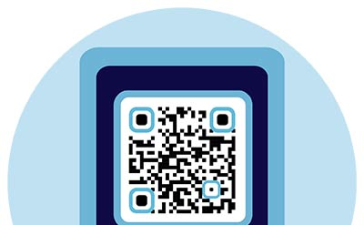In today’s fast-paced business environment, organizations are constantly seeking ways to operate more efficiently and effectively. One of the most impactful advancements in this area is the adoption of HR automation software. This powerful technology streamlines human resource processes, helping companies save time, reduce costs, and enhance overall productivity.
At its core, HR automation software simplifies repetitive and time-consuming tasks such as employee onboarding, payroll processing, attendance tracking, and performance evaluations. Instead of relying on manual efforts or outdated systems, businesses can now manage these essential HR activities through a single, integrated platform. This shift not only improves accuracy but also frees up valuable time for HR professionals to focus on more strategic, people-centered initiatives.
A key benefit of using HR automation software is its ability to eliminate administrative burdens. Traditional HR processes often involve multiple spreadsheets, paper forms, and hours of manual data entry. These methods are not only inefficient but also prone to errors. Automation ensures that data is accurately captured and securely stored, reducing the likelihood of mistakes and minimizing compliance risks. By removing these tedious tasks from their daily workload, HR teams can spend more time on workforce planning, employee engagement, and talent development.
Another advantage is the boost in employee satisfaction. When HR tasks are automated, employees can enjoy a smoother, more responsive experience. For example, self-service portals allow staff to update personal information, request time off, or access pay stubs without needing to wait for HR assistance. This instant access to information empowers employees and builds trust in the organization’s processes.
In addition, HR automation software provides real-time analytics and reporting, giving companies valuable insights into workforce trends. Decision-makers can track key metrics such as employee turnover, attendance rates, and performance data, helping them make informed choices that align with business goals. These insights can lead to smarter hiring decisions, better training programs, and improved retention strategies.
Scalability is another critical benefit of HR automation. As businesses grow, manual HR systems can quickly become overwhelmed. Automation ensures that HR processes remain consistent and efficient, even as the workforce expands. Whether a company has 50 employees or 5,000, the software can scale to meet changing needs without requiring a complete overhaul of existing processes.
Furthermore, integrating automation into HR operations helps organizations stay compliant with labor laws and industry regulations. Many software solutions come equipped with compliance tracking features that alert HR teams to important deadlines, documentation requirements, and policy changes. This proactive approach reduces the risk of penalties and supports a culture of transparency and accountability.
One of the most overlooked advantages of HR automation is the positive impact on company culture. When HR professionals have the tools they need to operate efficiently, they are better positioned to foster a workplace environment that values innovation, communication, and continuous improvement. Employees feel more supported, and leadership can focus on creating long-term strategies that drive success.
In conclusion, adopting HR automation software offers clear and measurable benefits for businesses of all sizes. By streamlining processes, reducing errors, and enhancing employee experiences, this technology helps organizations save time and boost productivity. As the workplace continues to evolve, investing in automation is no longer a luxury—it’s a necessity for staying competitive in today’s business landscape.






